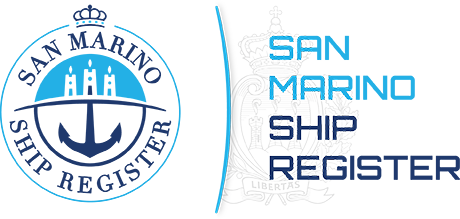Posted in Vessel Registration, STCW
Now that we are in the 21st century, one would expect that with all the sophisticated technology that has been developed, there would be far fewer accidents at sea. Yet it seems that hardly a day goes by without there being a report of a collision at sea somewhere in the world.
In 1972, the Convention on the International Regulations for Preventing Collisions at Sea, 1972 (COLREGs) was introduced to replace the Collision Regulations of 1960. These new regulations entered into force in 1997, and among other things, clarified the requirement for vessels to observe all traffic separation schemes.
The rules of the Convention are lengthy, but very clear in what is expected from those operating a vessel. Also the SOLAS Convention requires that all vessels trading internationally require valid Safety Equipment and Radio certification. This means that a vessel must be surveyed each year, at which time items such as the vessel’s sound and light signals including its whistle, bell and gong are inspected by the attending surveyor. With these regular checks in place, why are there still so many collisions, and what is being done about it?
The underlying causes for the majority of collisions would appear to be human error, or failure to comply with the Rules. Last month the Australian Transport Safety Bureau released a report in which it stated that the collision between the container ship Kota Wajar and a yacht the previous year, was due to the fact neither vessel was maintaining a proper lookout at the time. Additionally, they reported that the container ship’s crew were over worked, and that a dedicated lookout as per its safety management system procedures was not posted.
Also last month, the UK Marine Accident Investigation Branch issued its report into the collision between the chemical tanker Orakai and a trawler. It was determined that the watchkeeper on the trawler was not keeping an effective lookout. It was also noted that the officer of the watch on board the Orakai, left the bridge leaving an ordinary seaman on duty as a lookout 22 minutes prior to the incident. Had he not done so, and had he adhered to the requirements of the STCW Convention and Code, the collision might never have occurred.
Non-compliance with the Safety Management System (SMS) is one of the more common causes for a vessel to be detained during a PSC inspection. However, the cause of these detentions generally falls in the area of the ship not operating with regard to the relevant procedures for ship and equipment maintenance. It is far more difficult, if not impossible, to detect a ship which is not adhering to its safety management system procedures when at sea.
The one glimmer of hope on the horizon is the Manila amendments to the STCW Convention and Code. These are to be fully implemented by 1st January 2017. Some of the notable changes include:
These amendments may help to have better trained, competent and less tired seafarers onboard ships. Whether that is enough to significantly reduce the number of collisions at sea remains to be seen. However, it should be noted that Rule 2 of the Convention on the International Regulations for Preventing Collisions at Sea, 1972 (COLREGs) states that: “Nothing in these Rules shall exonerate any vessel, or the owner, master or crew thereof, from the consequences of any neglect to comply with these Rules or of the neglect of any precaution which may be required by the ordinary practice of seamen, or by the special circumstances of the case.” Perhaps this Rule needs to be enforced more harshly so that the apparent flouting of the rules is not allowed to continue.







Capture, process and analyse your Maritime Administration's data while ensuring compliance with international regulations.